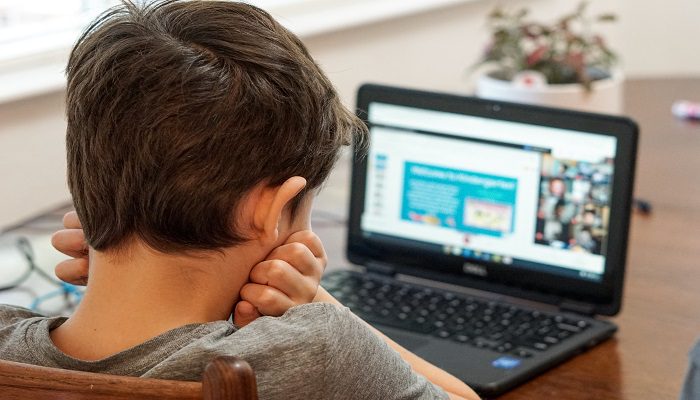Parenting technology or the integration of technology into the daily lives of parents has grown at a rapid rate in recent years. Social media websites, blogging sites, and video sites have all been quick to employ parental control applications that are now a staple of every household PC and laptop. The Internet has also seen the promotion of downloadable apps for the iPhone and iPad which allow parents to track the child’s activities online as well as limiting certain sites visited and the amount of time spent in each one. But what about the effect of these new Parenting technologies? Is there an abuse potential and does this new Parenting Technology also hinder family time together?
Well, experts claim that while social media sites can be a good source of support and encouragement when a child needs help or is having difficulties, the impact of such sites is negative in many ways. For one, it eliminates the human element of a one-on-one conversation and instead creates a strong reliance on technological prowess combined with rote memorization. In many ways, a child who spends most of their time playing video games is no different from a machine that spends all its time behind a computer screen. These games and their associated activities do little to encourage learning and interaction, but rather provide entertainment.
In addition, technology tends to stifle any creativity or spontaneity. Since almost everything is already pre-programmed into the device or downloaded into a website, children find it difficult to use imagination and creativity. As a result, they are unable to find original ideas and often do not learn to interact with others. In fact, many experts argue that a significant amount of intellectual growth occurs during the formative years of a child’s life and that such growth is hindered by the amount of time spent behind a computer screen. Furthermore, many experts note that while a cell phone may offer a convenient way to keep in touch with a parent or another child, it does little to promote intellectual growth or stimulate creativity.
The reliance on technology also has a significant impact on social media usage. Many experts note that this type of social activity is often used in a highly ritualistic fashion. This type of social activity, experts note, is often used in order to reinforce routines and daily routines. As such, this type of social activity can become problematic if it is not channeled properly. However, it is possible for parents to learn to master social media and to effectively control the amount of time that a child spends using such technologies.
Technology also tends to limit social interaction. Children who spend a majority of their time online tend to be lonely and often suffer from social anxiety. This means that a parent may find that they are unable to provide the sort of nurturing relationship that a child needs in order to flourish. In addition, a child who spends a large amount of his or her time on the Internet is likely to grow up feeling isolated and without many friends. Additionally, some studies indicate that children who spend a large amount of their time on social networking websites tend to exhibit less academic success than children who do not use such websites. While there is no sure-fire way to overcome these difficulties, it may be possible for parents to work through these difficulties and to successfully get their children to focus on intellectual and social activities.
One of the most common arguments against the use of parenting technology focuses on the potential danger that certain technologies may present to children. This includes both physical dangers and the possibility of privacy invasions. However, it may be difficult for parents to completely mitigate these concerns given the high degree of technical proficiency that is currently enjoyed by most children in the United States. As new technologies emerge and as parents become more comfortable with the idea of parenting technology, it may become much easier to balance the risks that are involved with the benefits that are offered by such technologies.


































